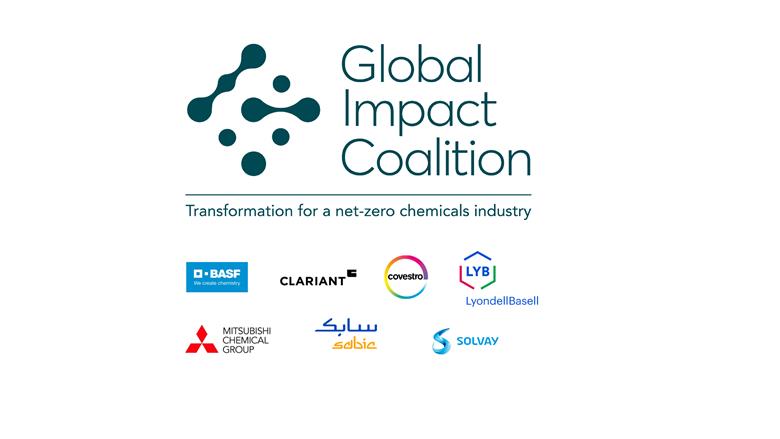Until recently the idea of a forest-based sector and of a circular bioeconomy seemed to have gone out of favour in EU policymaking. But the sector has demonstrated a high level of resilience in time of crisis and showed the advantage of being able to rely on local resources in a geopolitical context calling for ‘strategic autonomy’. Importantly, it brings solutions to the table at a time when Europe is looking for a climate-compatible economic model.
Sidebar
Organizations
Climate-damaging loopholes and expected trade conflicts – EU Commission must disclose concerns
After the EU member states agreed to the compromise on amendments to the EU Packaging Regulation (PPWR) on 15 March, manufacturers of plastic packaging are criticising the numerous unfounded loopholes that still exist. The unjustified privileges granted to paper and cardboard packaging, for example, with regard to bans, the use of recyclates and reusable packaging obligations lead to more packaging waste, higher CO2 emissions and less recycling – a contradiction to the objectives of the regulation.

Budget’s manufacturing boost will thrust UK packaging sector to new heights, says PHD Marketing
Following the UK Government’s newly announced budget, which will see an investment injection of £360 million in British manufacturing and R&D, PHD Marketing comments that the decision reflects the innovation and strength of the UK packaging industry.
Annual Meeting 2024: Rebuilding Trust Amid Uncertainty
At a moment of growing fragmentation and polarization, the World Economic Forum’s Annual Meeting 2024 served as a platform for advancing dialogue, cooperation and action-oriented partnership.

Chief Economists Outlook: More Economic Uncertainty on the Horizon
More than half (56%) of chief economists expect the global economy to weaken in 2024, with seven in 10 saying pace of geoeconomic fragmentation will accelerate, according to the latest Chief Economists Outlook.
German government and EIB provide €20 million grant to support Ukraine’s energy transition
Germany, the EIB and Ukraine have announced a €20 million grant for the Renewable Energy Solution Programme to boost the energy independence Ukrainian municipalities.
The grant supports hospitals and schools across Ukraine, aiding renewable energy implementation as part of green reconstruction.

Net-zero chemicals industry initiative relaunches as the Global Impact Coalition
The CEO-led chemical industry initiative, incubated by the World Economic Forum, has been relaunched as the Global Impact Coalition (GIC).
The new standalone Coalition has been created by seven founding member chemical companies and is supported by more than 70 senior industry executives.
The first tangible project to accelerate the implementation of chemical and mechanical recycling for plastics was also launched in 2023.

New Survey: CICV reveals persistent, deep-rooted payment challenges in the Scottish construction sector
CICV calls for urgent reform as the sector struggles with payment delays and financial strain.
The Philippines joins Blue Carbon Action Partnership to Strengthen Coastal Ecosystems
Following Indonesia, the Philippines joins the World Economic Forum’s Blue Carbon Action Partnership to safeguard crucial coastline ecosystems in South-East Asia.
Mangroves and other littoral biospheres provide a critical buffer against climate change globally, but environmental degradation is putting them under threat.
Momentum builds at COP28 for the conservation and restoration of these critical blue carbon ecosystems, for the benefit of people, nature and the climate.
First Movers Coalition for Food to Create up to $20 Billion Value Chain for Sustainable Farming
World Economic Forum First Movers Coalition for Food aims to create aggregated market demand for sustainably produced and low-emission agricultural commodities.
The UAE and over 20 leading food companies will create a combined procurement commitment with an estimated value of $10-$20 billion by 2030.
In mid-December 2023, the Forum and participating companies and governments will identify commitments and pathways to support food systems transformation.

Net-Zero Industry Tracker: $13.5 Trillion Investment Needed to Fast-Track Decarbonization of Key Hard-to-Abate Industry Sectors
World Economic Forum Net-Zero Industry Tracker 2023 report takes stock of progress towards net-zero emissions for eight industries, which emit 40% of global greenhouse gas
Global funding and stronger policy incentives are needed to scale clean power, clean hydrogen and carbon capture around industrial clusters.
Building on the 2022 edition, the updated report includes transportation sectors and applies a comprehensive framework to identify strategies for net-zero industrial transformation.


 Deutsch (Germany)
Deutsch (Germany)  Polski (PL)
Polski (PL) 






